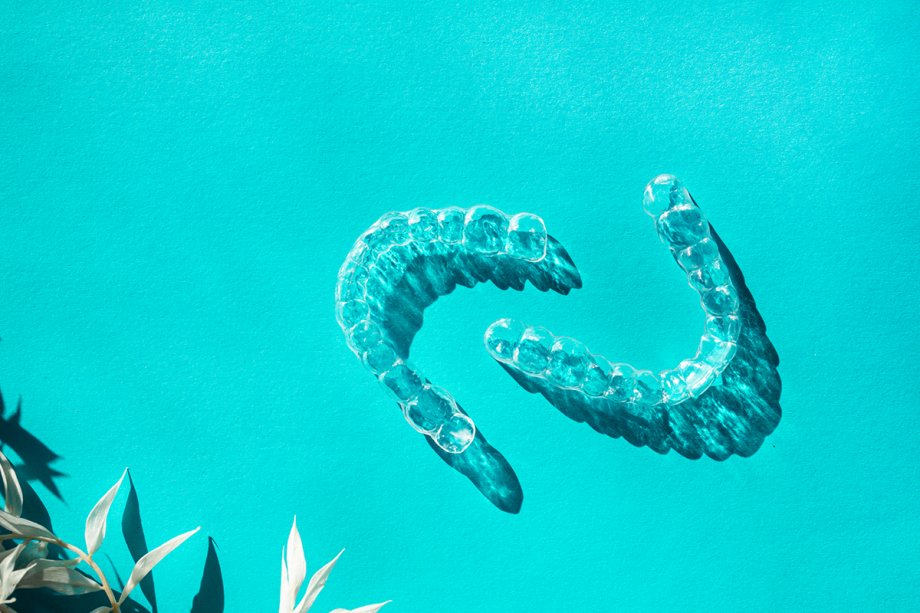Pacifiers are one of those controversial topics that parents universally dread discussing, right up there with screen time and baby formula. What is it about pacifiers that gets people so riled up? It seems that the primary objection naysayers have about pacifiers is that they cause orthodontic issues, but as pediatric dentists, we have some good news for you: the research on pacifiers shows that, in most cases, they’re not going to ruin your child’s teeth. In fact, pacifiers are actually good for babies. Here’s what you need to know.
Why Pacifiers Are Controversial
There are three primary arguments against pacifiers. In infants, it’s thought that pacifiers may cause confusion about latching and interfere with breastfeeding and it’s also believed that pacifiers can cause acute ear infections. Once a child reaches toddlerhood, the concern becomes dental problems. While we can’t speak to the first two arguments, we can provide you with information on the third.
Pacifiers are blamed for everything from cavities to gum recession and bite problems (also known as malocclusion). Parents worry about so-called “pacifier teeth,” a bite that doesn’t close in the front and teeth that are crooked. This belief that pacifiers cause dental problems leads to some parents avoiding the pacifier altogether—and those that don’t worry about the effects they have on their child’s teeth.
What Current Research Says About Pacifiers
Studies have found that many of the dental problems supposedly caused by pacifiers only occur when pacifier use extends beyond the age of five or when parents use pacifiers inappropriately, like dipping them in sugar or honey. The American Academy of Pediatric Dentistry recommends that children stop using a pacifier by age three, while the American Dental Association recommends stopping by age four—most children naturally grow out of pacifier use by these ages anyway.
This means that your two-year-old who needs a pacifier to fall asleep at night isn’t going to cause permanent damage to their teeth. That said, there are some differences in the teeth of children who stop using pacifiers by 12 months and those who continue to use them at 24 and 36 months, so it is recommended that parents wean children around the age of two. If you have trouble breaking the pacifier habit, we can discuss potential solutions with you. It is generally preferable to limit and stop use as early as possible.
Finally, you should know that pacifier use in infants isn’t something to be avoided. Yes, it may mean a difficult weaning process once they reach their toddler years, but pacifiers have been shown to reduce the risk of Sudden Infant Death Syndrome (SIDS) and they give babies an important tool for self-soothing. Many babies who don’t use pacifiers will suck on their thumbs and fingers instead, which is a habit that is even more difficult to break!
Find Out if Pacifier Use Is Affecting Your Child’s Teeth
If you’re still having concerns about your child’s pacifier use, contact us today at 516-226-7337 to schedule an appointment at My Town’s Little Dentist.

